

Table of Contents
- Importance of Electrical Safety During Monsoon
- Preparing for the Monsoon Season
- Conduct a thorough inspection:
- 2. Schedule Professional Maintenance
- 3. Invest in Surge Protectors
- 4. Ensure Proper Grounding
- 5. Clear Drainage Systems
- Checking Electrical Appliances
- Checking Electrical Fittings
- Outdoor Electrical Safety
- Emergency Preparedness
- Conclusion
- Faq's
The monsoon season brings much-needed relief from the scorching summer heat, but it also presents unique challenges when it comes to electrical safety. With heavy rains, strong winds, and potential flooding, it's crucial to take extra precautions to ensure the safety and proper functioning of your electrical appliances and fittings. The monsoon season can create hazardous conditions for electrical systems due to increased moisture, potential water logging, and the risk of short circuits. Neglecting electrical safety during this time can lead to severe consequences, such as electrical shocks or electrocution, fires caused by short circuits or overloaded circuits, damage to electrical appliances and fittings, and power outages and disruptions.
By regularly checking and maintaining your electrical systems, you can minimise the risks associated with monsoon weather and ensure the safety of your family and property. In this comprehensive article, we'll guide you through the steps to check and maintain your electrical systems during the monsoon season, including how to inspect your appliances and fittings, take preventive measures, and be prepared for emergencies.

Importance of Electrical Safety During Monsoon
Monsoons can create hazardous conditions for electrical systems due to increased moisture, potential water logging, and the risk of short circuits. Neglecting electrical safety during this time can lead to severe consequences, such as:
- Electrical shocks or electrocution
- Fires caused by short circuits or overloaded circuits
- Damage to electrical appliances and fittings
- Power outages and disruptions
By regularly checking and maintaining your electrical systems, you can reduce the risks associated with monsoon weather and ensure the safety of your family and property.
Preparing for the Monsoon Season
Before the onset of the monsoon season, it's essential to take proactive measures to safeguard your electrical systems. Here are some steps to consider:
Conduct a thorough inspection:
Examine all electrical appliances, wiring, and fittings for any visible signs of damage or wear and tear.
Look for:
Frayed Cables: Inspect the power cords and cables of your electrical appliances for any signs of fraying, cracks, or exposed wires. Damaged cables can lead to short circuits and pose a serious fire hazard.
Loose Connections: Check all electrical fittings, such as switches, sockets, and junction boxes, to ensure they are securely fastened. Loose connections can cause sparks and increase the risk of short circuits.
Signs of Corrosion: Look for any discoloration, rust, or other signs of corrosion on your electrical installations. Corrosion can compromise the integrity of the electrical system and lead to malfunctions.
By thoroughly inspecting your electrical components, you can identify and address any potential issues before the monsoon season arrives, reducing the risk of accidents and equipment failures
2. Schedule Professional Maintenance
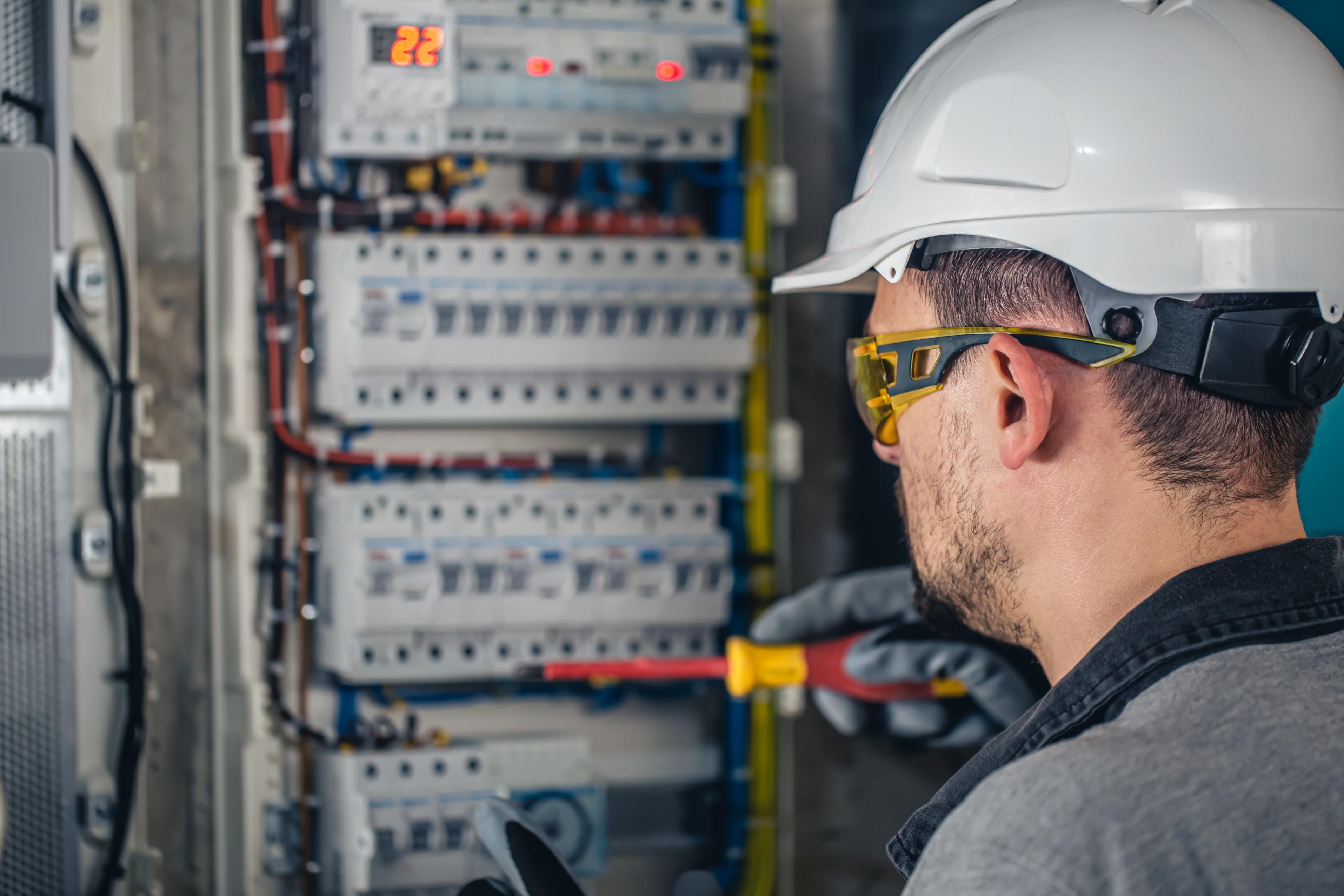
Hire a licensed electrician to conduct a comprehensive inspection and perform necessary repairs or upgrades to your electrical systems. They can:
Identify potential issues: A professional electrician has the expertise to spot problems that may not be visible to the untrained eye, such as overloaded circuits or outdated wiring.
Ensure compliance with safety standards: Electricians are well-versed in the latest electrical safety regulations and can ensure that your installations meet the required standards.
Perform necessary repairs or upgrades: Based on the inspection, the electrician can recommend and carry out any necessary repairs or upgrades to your electrical systems, enhancing their safety and reliability.
Regular professional maintenance is crucial for maintaining the integrity and safety of your electrical infrastructure, especially in preparation for the challenging monsoon season.
3. Invest in Surge Protectors
Install surge protectors or power strips with built-in surge protection to safeguard your sensitive electronic devices from power surges caused by lightning strikes or sudden voltage fluctuations.
These devices can:
- Protect against power surges: Surge protectors divert excess voltage away from your electronics, preventing damage and potential fire hazards.
- Safeguard valuable equipment: Sensitive devices, such as computers, televisions, and home appliances, are particularly vulnerable to power surges and can be easily damaged without proper protection.
- Provide additional outlets: Many surge protectors come with multiple outlets, allowing you to connect and protect several devices simultaneously.
- Investing in reliable surge protection is a cost-effective way to ensure the safety and longevity of your electrical appliances during the monsoon season.
4. Ensure Proper Grounding
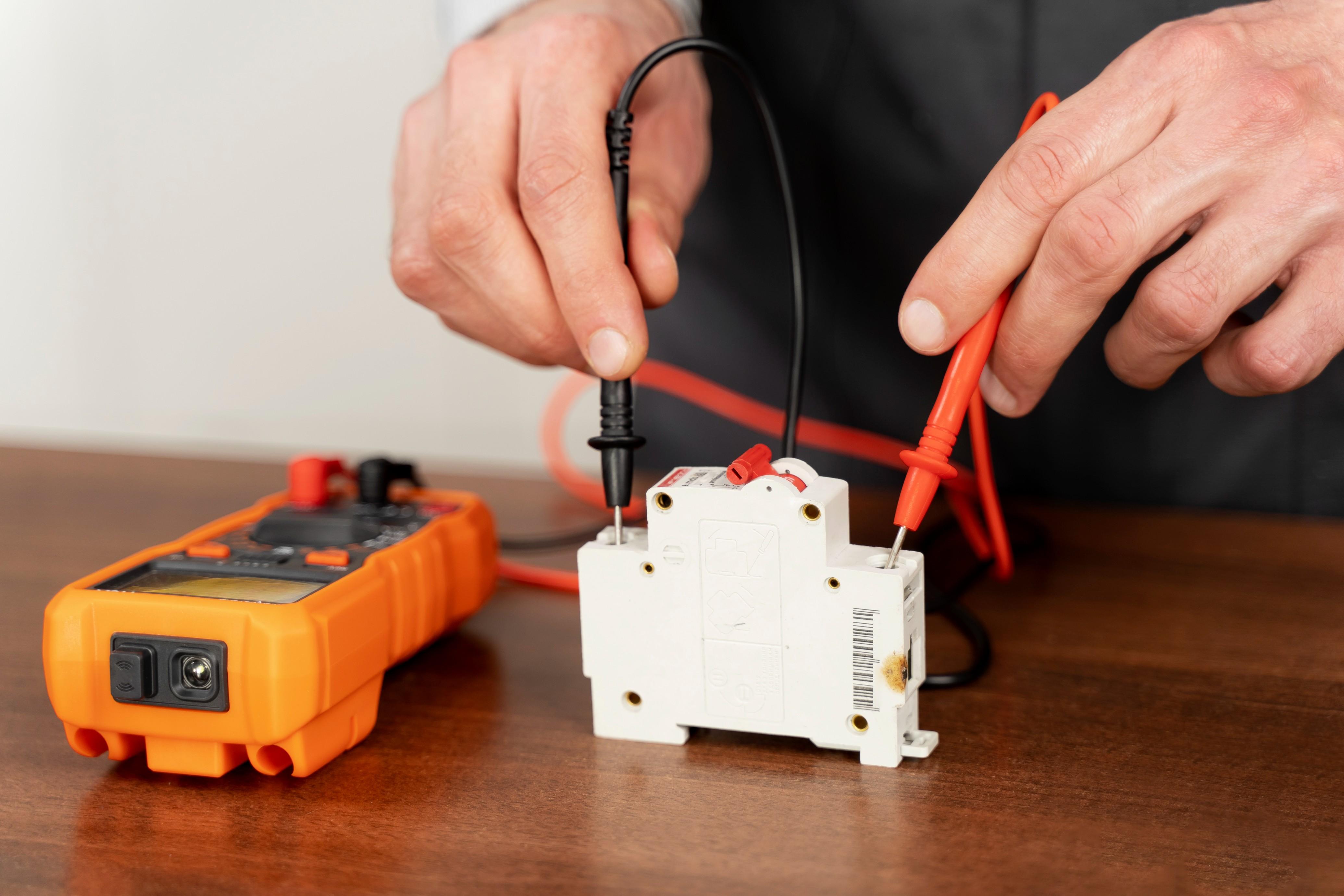
Verify that all electrical installations, including appliances and fittings, are properly grounded to prevent the buildup of static electricity and reduce the risk of electric shocks. Proper grounding:
Diverts excess electricity: In the event of a short circuit or power surge, a well-grounded system can safely channel the excess electricity to the ground, preventing it from reaching and damaging your devices.
Reduces the risk of electric shocks: Grounding helps to dissipate static electricity, reducing the chances of electric shocks, which can be particularly dangerous during the monsoon season.
Enhances overall safety: Proper grounding is a fundamental safety measure that should be in place for all electrical systems to ensure the well-being of your family and property.
Consult a licensed electrician to ensure that your electrical installations are correctly grounded and comply with local safety regulations.
5. Clear Drainage Systems
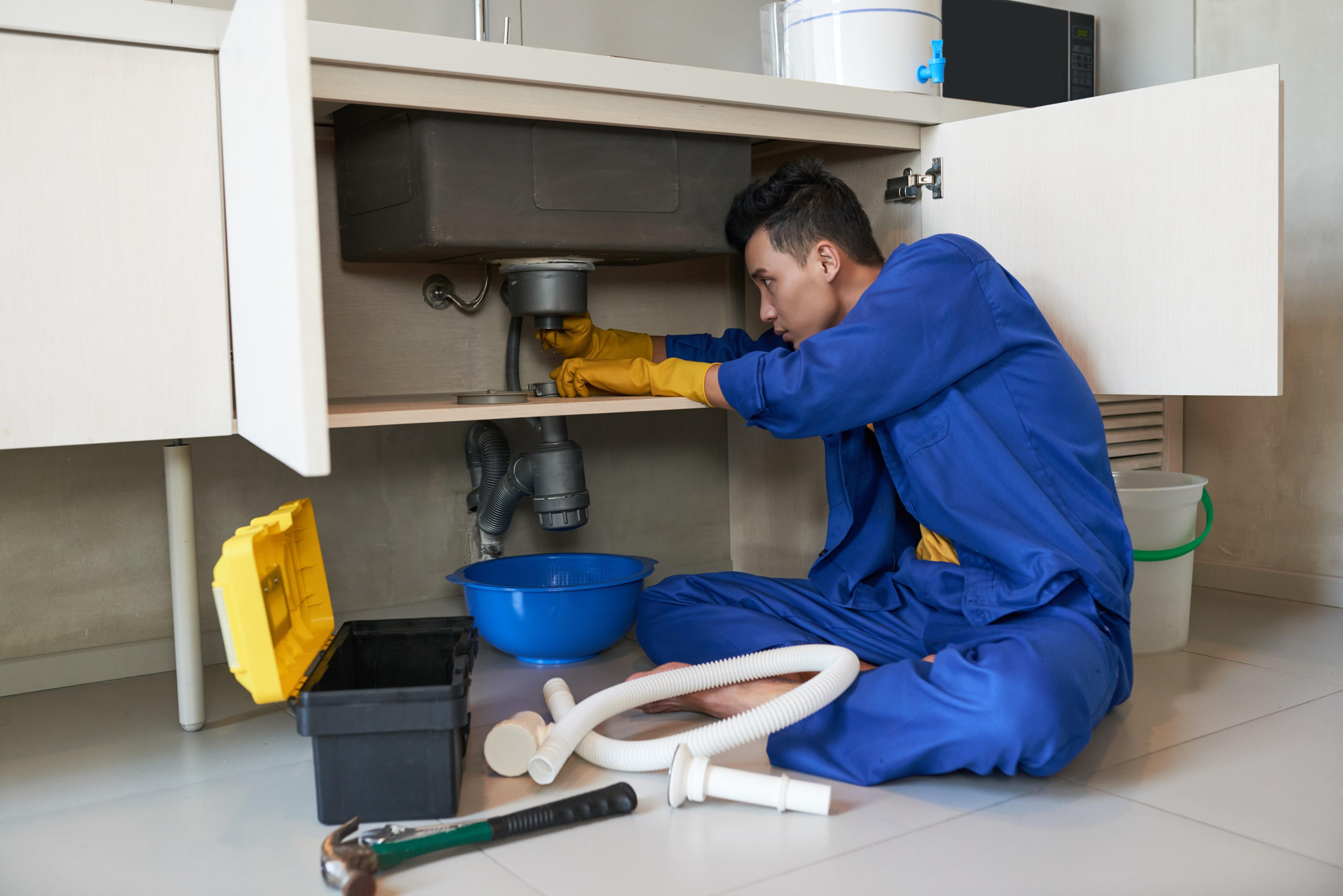
Ensure that rainwater drainage systems around your property are clear of debris and functioning properly to prevent water accumulation near electrical installations. This step is crucial during the monsoon season.
Accumulated water near electrical fittings can increase the risk of short circuits, electric shocks, and other hazards. By keeping the drainage systems clear, you can reduce the chances of water seeping into your electrical installations, which can cause corrosion and malfunctions.
Well-functioning drainage systems help to divert water away from electrical components, reducing the overall risk of electrical accidents during the monsoon.
Regularly inspect and clear any debris or blockages in your property's drainage systems to ensure they are ready to handle the heavy rainfall during the monsoon season.
By taking these proactive measures, you can significantly enhance the safety and reliability of your electrical systems, protecting your home and family from the potential hazards posed by the monsoon season.
Checking Electrical Appliances
During the monsoon season, it's crucial to regularly inspect your electrical appliances to ensure their safety and proper functioning.
Here's what to look for:
- Disconnect all electrical appliances that are not in use to minimize the risk of short circuits or electrical fires.
- Check the power cords of your appliances for any signs of damage, such as fraying, cracks, or exposed wires. Replace damaged cords immediately.
- Refrain from using electrical appliances in areas that are prone to water accumulation or high moisture levels, such as bathrooms or outdoors during heavy rain.
- Wipe down your electrical appliances with a dry cloth to remove any moisture or dust buildup. Ensure that they are completely dry before plugging them back in.
- If an appliance has been exposed to water, unplug it immediately and have it inspected by a professional electrician before attempting to use it again.
Checking Electrical Fittings
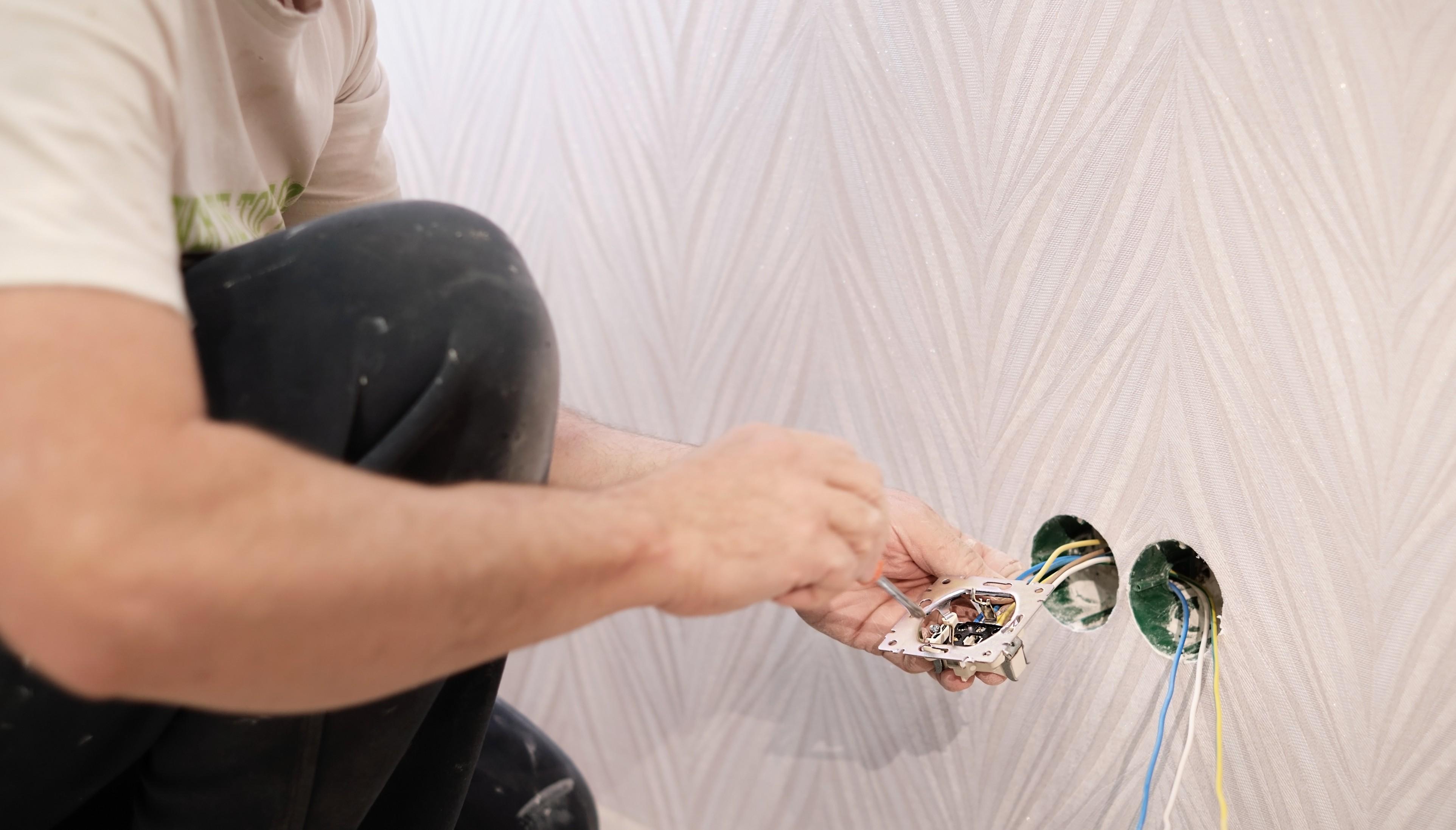
Electrical fittings, such as switches, sockets, and junction boxes, are also vulnerable to the effects of monsoon weather. Here's how to check and maintain them:
Inspect for water intrusion:
Examine all electrical fittings for any signs of water intrusion or moisture buildup. Look for discoloration, corrosion, or visible water droplets.
Check for loose connections:
Ensure that all switches and sockets are securely fastened and that there are no loose connections that could cause sparks or short circuits.
Consider weatherproof fittings:
If your property is prone to flooding or heavy rain, consider upgrading to weatherproof or water-resistant electrical fittings to provide additional protection against moisture.
Avoid using damaged fittings:
If you notice any cracks, discoloration, or signs of damage in your electrical fittings, refrain from using them and have them replaced by a professional electrician.
Outdoor Electrical Safety
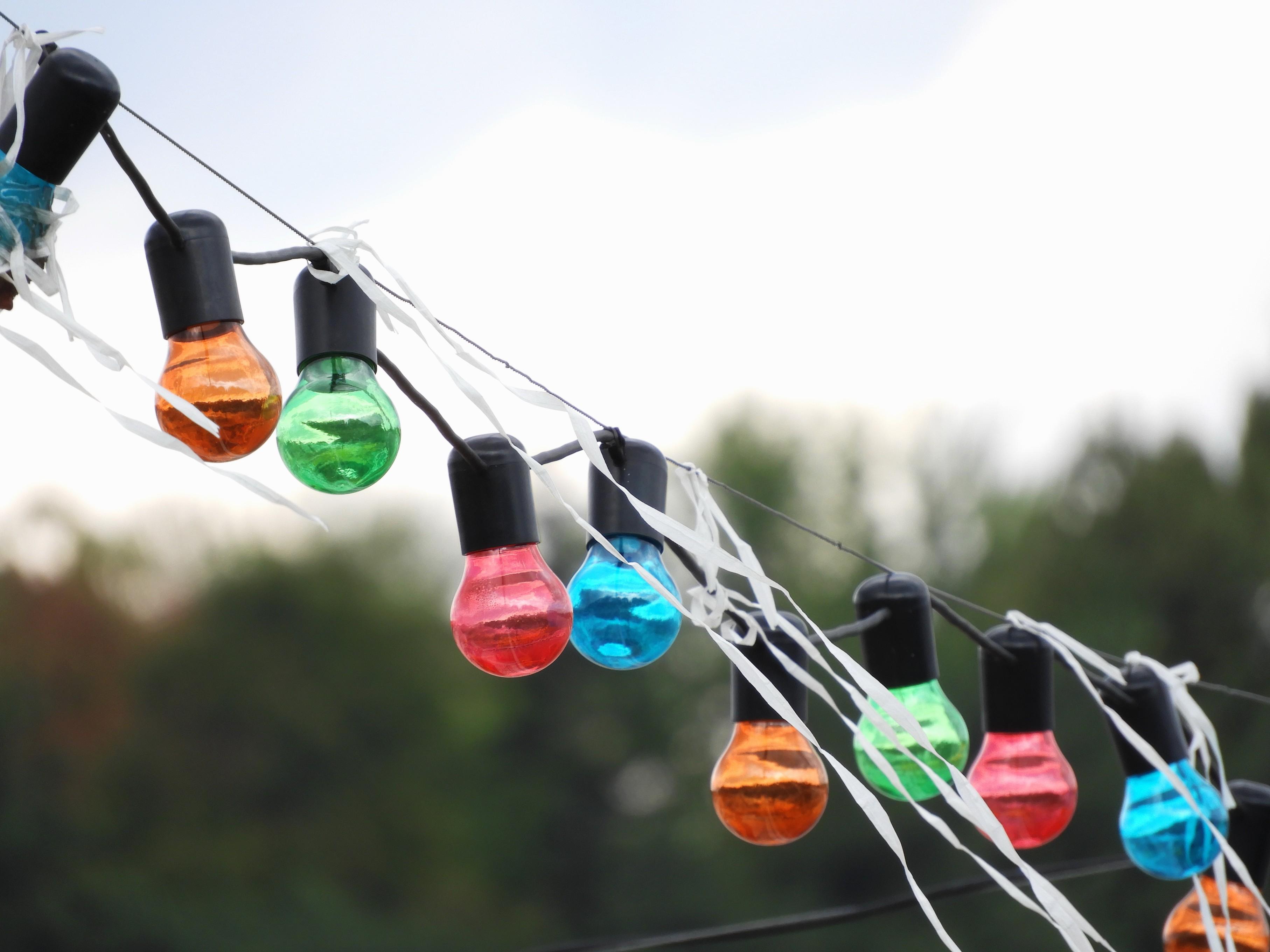
Outdoor electrical installations, such as garden lights, water pumps, or outdoor sockets, require special attention during the monsoon season.
Here are some tips for ensuring their safety:
- Inspect outdoor fittings: Examine all outdoor electrical fittings for any signs of damage or water intrusion. Look for cracks, discoloration, or signs of corrosion.
- Use weatherproof enclosures: Ensure that all outdoor electrical installations are housed in weatherproof enclosures or junction boxes to protect them from the elements.
- Avoid standing water: Keep outdoor electrical installations away from areas prone to water accumulation or flooding. If water does accumulate near an outdoor electrical fitting, avoid touching it and contact a professional electrician immediately.
- Unplug outdoor appliances: Disconnect all outdoor electrical appliances, such as garden lights or water pumps, during heavy rain or thunderstorms to minimize the risk of electric shocks or short circuits.
- Consider GFCI protection: Install ground fault circuit interrupter (GFCI) outlets or use GFCI-protected extension cords for all outdoor electrical installations to provide additional safety against electric shocks.
Emergency Preparedness
Despite taking precautions, power outages or electrical emergencies can still occur during the monsoon season. It's essential to be prepared for such situations:
- Keep emergency numbers handy: Have the contact information of your local electricity provider and a trusted electrician readily available in case of an emergency.
- Have backup lighting: Keep a supply of flashlights, battery-powered lamps, or emergency lights readily available in case of a power outage.
- Avoid using candles: Refrain from using candles during power outages, as they pose a fire hazard. Instead, opt for safer lighting options.
- Unplug appliances: If a power outage occurs, unplug all electrical appliances to prevent damage from voltage surges when the power is restored.
- Stay away from fallen power lines: If you notice fallen power lines or any other electrical hazards, keep a safe distance and report the issue to your electricity provider or local authorities immediately.
Conclusion
Maintaining electrical safety during the monsoon season is crucial for protecting your family, property, and electrical installations. By regularly inspecting your appliances and fittings, taking preventive measures, and being prepared for emergencies, you can minimize the risks associated with monsoon weather and ensure a safe and comfortable living environment.
Remember, if you have any doubts or concerns about the safety of your electrical systems, it's always best to consult with a licensed electrician for professional advice and assistance. Stay safe and enjoy the refreshing monsoon season!
explore further
Latest from Contemporary ideas
More from Innovations
Resources
Dwello, for every home buyer, is a way to go from 'I feel' to 'I know', at no extra cost.


